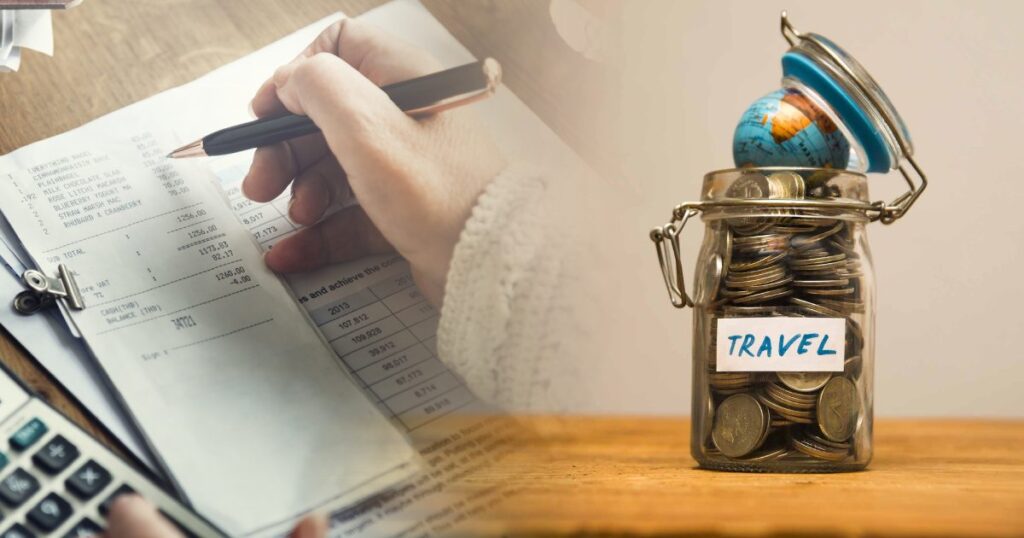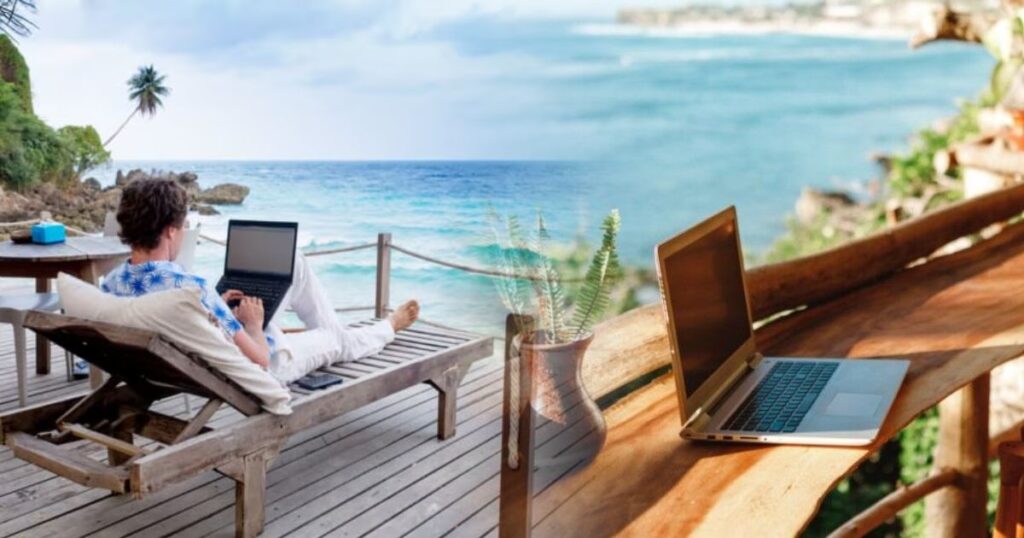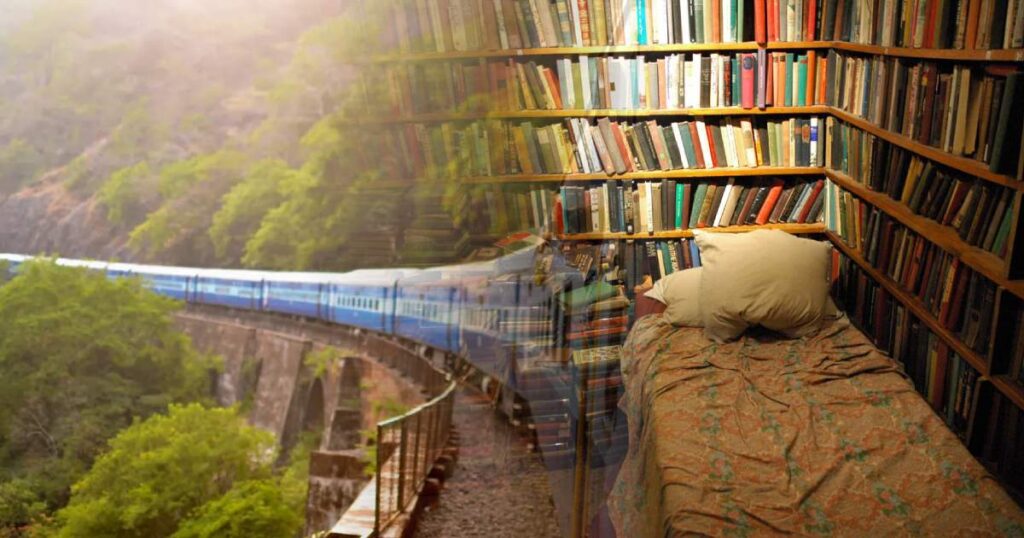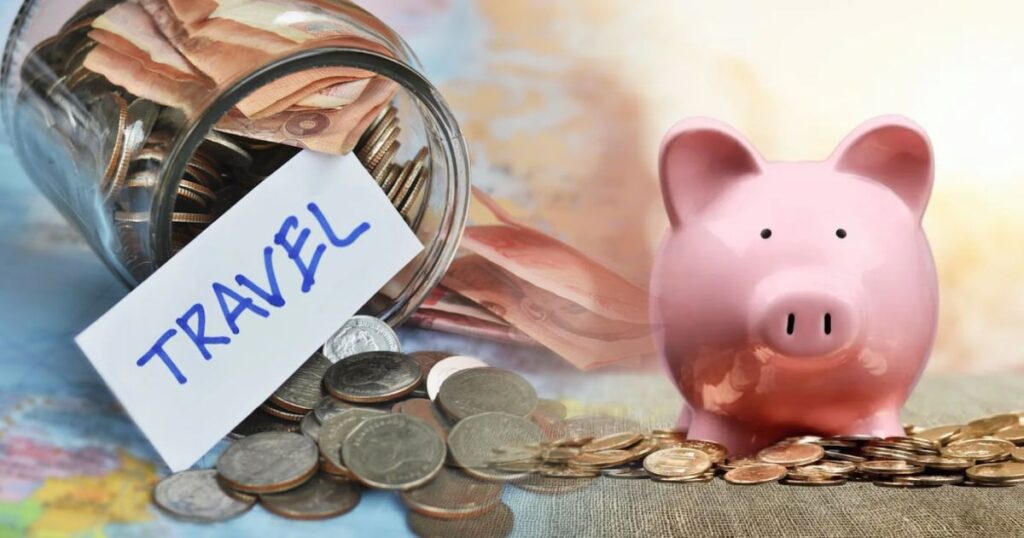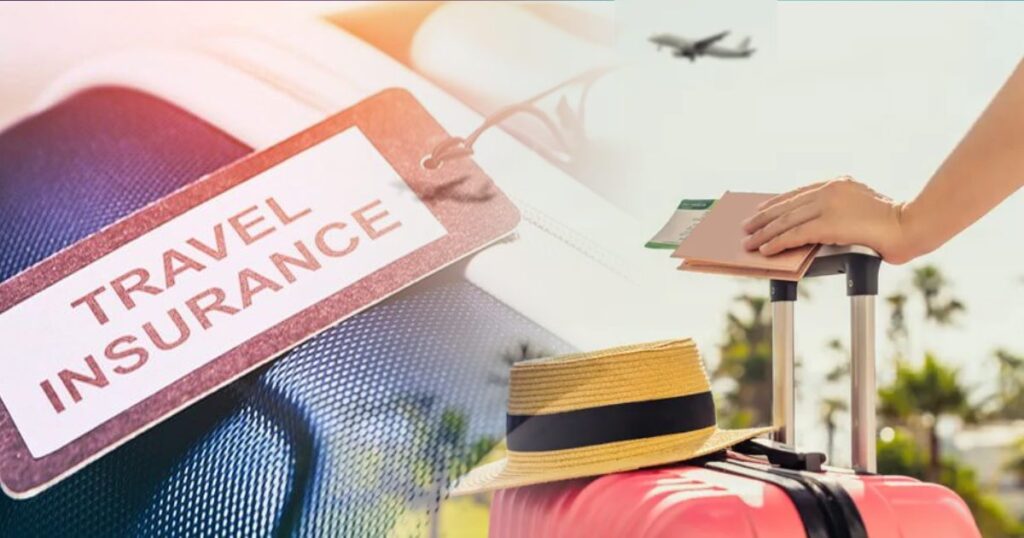- Cheap Holidays
- All Inclusive
- Tips
- Agencies
- UK Holiday Parks
- Sunshine Holidays
- Superbreak
- Love Holidays Review
- Eurocamp Europe
- Eurocamp France
- City Sightseeing
- Jet2Holidays Review
- Haven Holidays Review
- Away Holidays
- TUI Holiday Review
- Alpharooms
- Jurys Inn Hotels
- Jurys Inn Belfast
- Jurys Inn Birmingham
- Jurys Inn Bradford
- Jurys Inn Brighton
- Jurys Inn Bristol
- Jurys Inn London Chelsea
- Jurys Inn Derby
- Jurys Inn Glasgow
- Jurys Inn Hinckley Island
- Jurys Inn Leeds
- Jurys Inn Liverpool
- Jurys Inn Manchester
- Jurys Inn Milton Keynes
- Jurys Inn Newcastle
- Jurys Inn Nottingham
- Jurys Inn Oxford
- Jurys Inn Plymouth
- Hostels
- Camping

